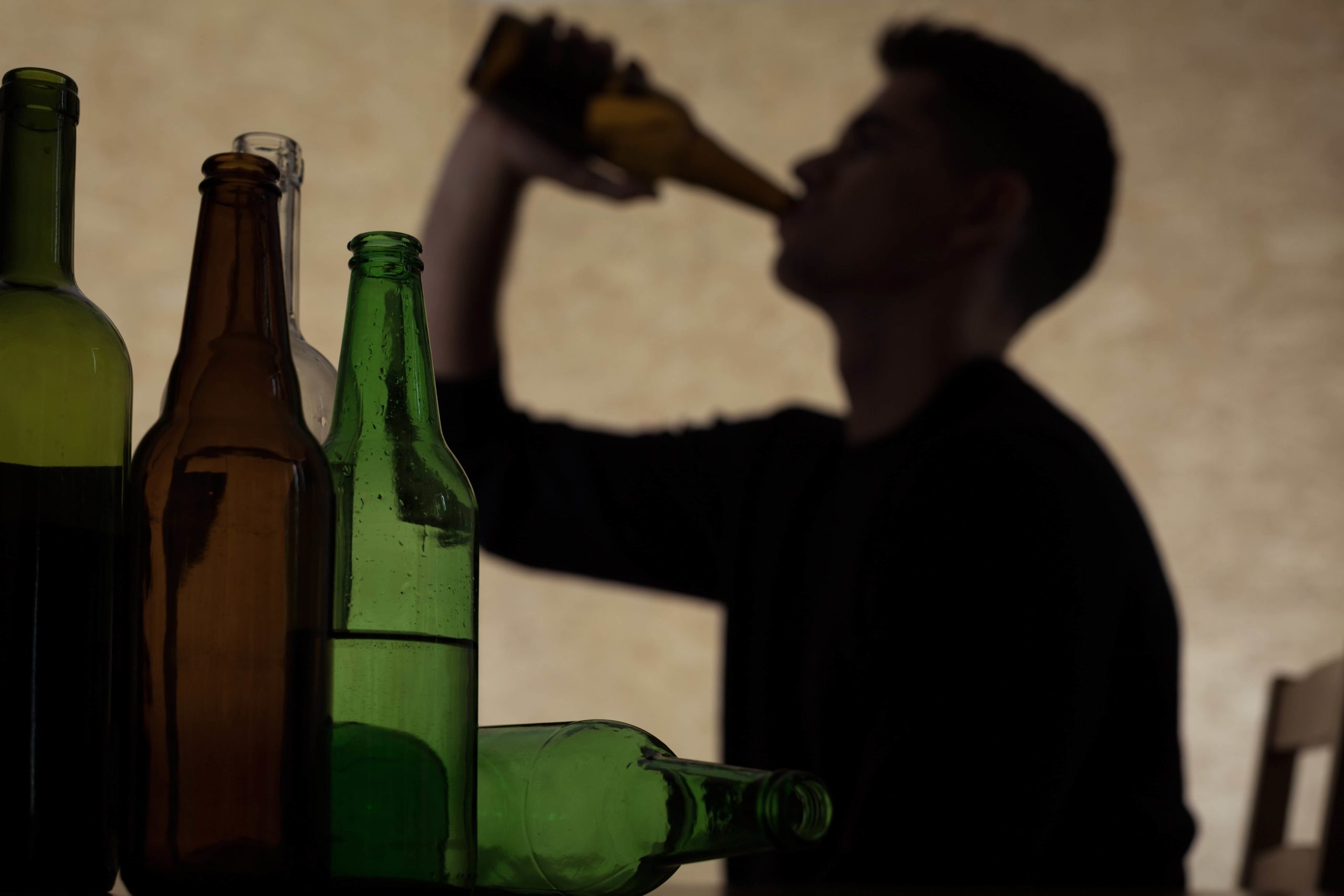Even though both groups of drinkers have an unhealthy relationship with alcohol, problem drinkers and alcoholics aren’t the same. Understanding the key differences between the two can help you better comprehend your loved one’s struggle with alcohol and help you get them the treatment they need. Here are 7 distinct differences between problem drinkers and alcoholics.
1. Alcoholics Are Physically and Mentally Dependent Upon Alcohol
Unlike problem drinkers, alcoholics are physically and mentally dependent on alcohol. If your loved one is dependent on alcohol, they have an attachment to the substance that has taken over their regular routine. This means that they no longer have control over how much they consume. Dependence also means that your loved one may need to drink more than they used to in order to get “buzzed” or feel the effects of alcohol. Typically, alcohol-dependent individuals drink every day.
2. Problem Drinkers Can Abstain from Alcohol
Problem drinkers can go days, weeks, or months without drinking. Some drink a lot often, but others may drink occasionally. The primary issue with problem drinkers is that their drinking causes issues in their lives. If your loved one is a problem drinker, they may say and do things that hurt you, others, or themselves when they have been drinking.
3. Most Alcoholics Drink Every Day to Avoid Withdrawal Symptoms
If your loved one is struggling with alcoholism, they may not be able to resist drinking for a long period of time. In fact, most alcoholics drink every day. When they don’t drink or try to quit, they experience withdrawal symptoms which may include:
- Body tremors
- Racing heart
- Insomnia
- Sweating
- Irritability
- Headache
- Nausea and vomiting
4. Most Problem Drinkers Don’t Experience Withdrawal Symptoms
Most problem drinkers don’t experience withdrawal symptoms when they abstain from alcohol. When they’re not drinking, their lives seemingly go on as normal. Unfortunately, problem drinkers usually exhibit harmful and unwanted behavior when they start drinking again.
5. Alcoholics Continue to Drink Despite Consequences
Individuals grappling with alcoholism don’t stop drinking even when they face consequences. Typically, they are unable to stop drinking even after losing their job or home, for example. They may also continue to drink even after encountering social, financial, and legal problems. This is because alcoholics are dependent on alcohol and can no longer control their drinking.
6. Problem Drinkers Can Self-Correct Their Alcohol Consumption
In contrast, problem drinkers can self-correct their drinking habits. Negative consequences like DUIs and warnings at work can help prompt problem drinkers to reduce their alcohol consumption or give up drinking altogether. Also, most problem drinkers can change their drinking habits on their own when they become aware of the problems that drinking has caused in their lives.
7. Alcoholics Need Professional Treatment to Change Their Drinking Habits
Alcoholics, on the other hand, need professional treatment to stop drinking. Usually, treatment involves:
- Detox, or eliminating alcohol from the body
- Behavioral therapy
- Individual and group counseling
- Peer support groups
- Aftercare support
- Sober living education
Get Sober at Soba Recovery
Here at Soba Recovery, we believe that professional treatment can help individuals dealing with addiction live a substance-free life. That’s why we offer a wide range of recovery services, including:
- Detox
- Residential inpatient treatment
- Partial hospitalization recovery
- Intensive outpatient programs
- Sober living homes
- Dual diagnosis treatment
Don’t spend another day struggling with alcohol addiction. Take action today. Contact us today if you or a loved one are struggling with alcoholism. Freedom awaits and we can help you get there.



